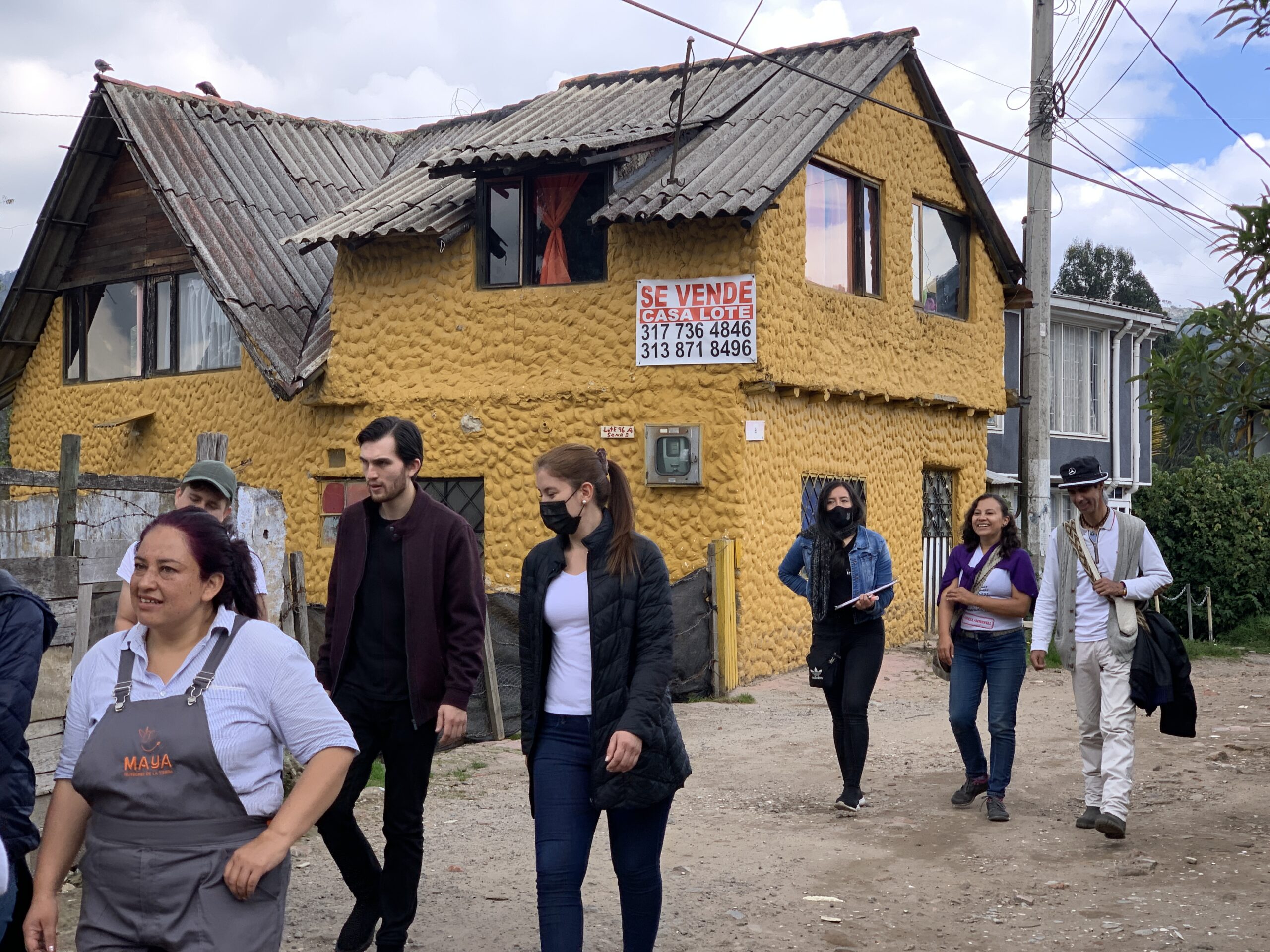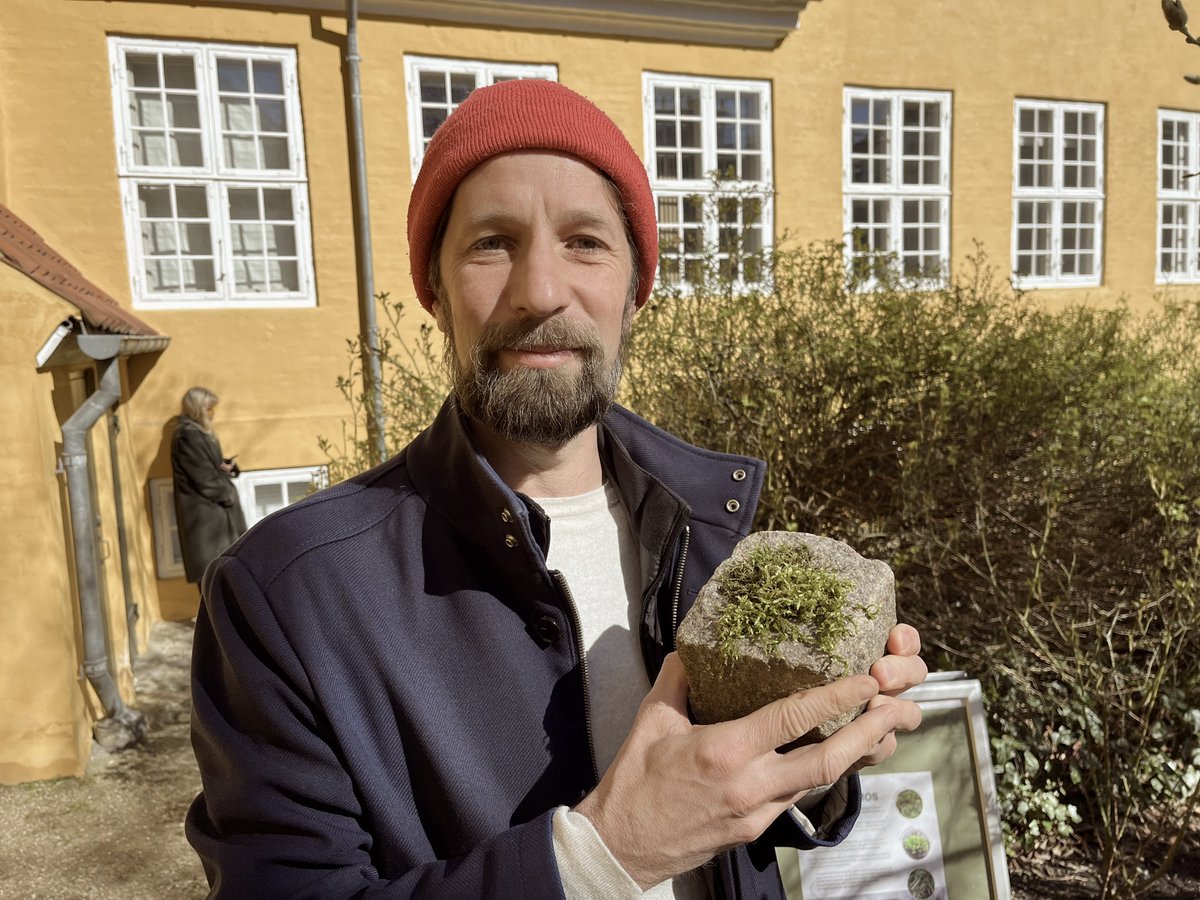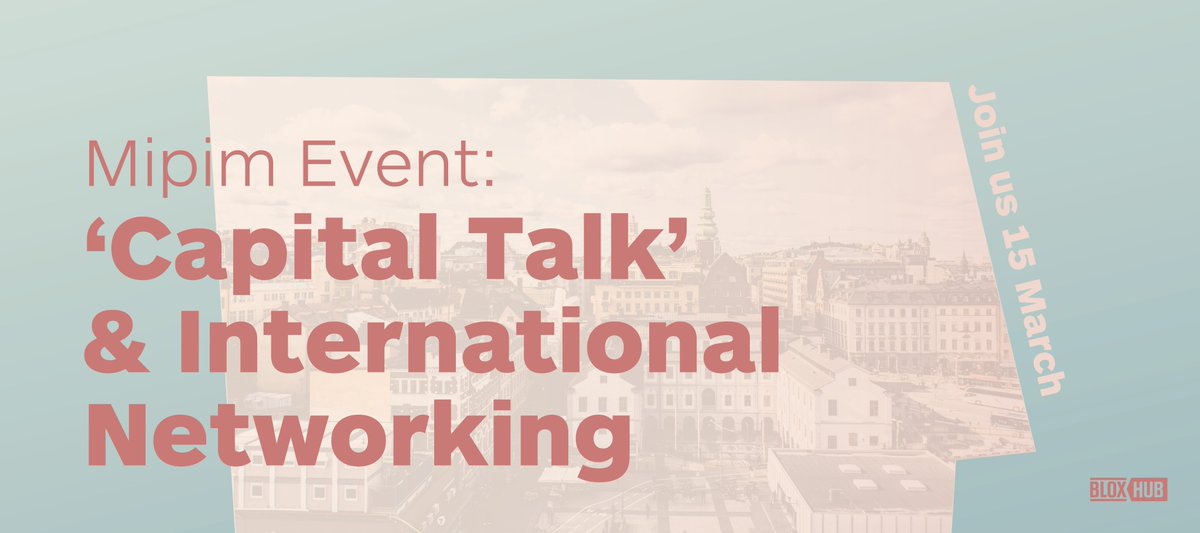Following the BLOXHUB workshop in August 2021, Novo Nordisk and Gehl are going to kickstart a pilot project in Bogotá to improve access to fresh food and to make it easier for people to develop healthy eating habits.
In August 2021, BLOXHUB’s workshop ”15-Minute City – Framing the Future of Urban Development” was hosted and facilitated in collaboration with Novo Nordisk’s Cities Changing Diabetes program and Gehl. A diverse group of experts working in food security, mobility, data, urban planning, architecture, and human rights explored the possibilities of the 15-minute city framework for advancing healthier and more livable cities.
The workshop delved into the Healthy Foodscape Strategy and Foodscape Assessment developed in Bogotá by Gehl, Novo Nordisk, and the City’s Health Secretariat. The study seeks to map daily urban barriers to healthy food in four neighborhoods that have more limited access to opportunities than many other neighborhoods in Columbia’s capital city. During the workshop, participants explored how urban interventions and public space improvements could increase people’s access to healthy foods and improve the neighborhood’s health and well-being.
In March 2022, Gehl and Novo Nordisk co-led another workshop. This time with local actors in Bogotá to help ground the ideas generated at the BLOXHUB workshop in a local context. Gehl, Novo Nordisk, and the Bogotá Health Secretariat will continue to work collaboratively to develop a pilot project that is rooted in local knowledge. The pilot project will be developed in partnership with Despacio, a local urban design non-profit organization.
“With the upcoming pilot project, we hope to demonstrate that it’s possible to change people’s behavior when it comes to healthy living and to create a framework that can be applied in different areas and to different population types to spread the idea and solutions provided by the framework. The BLOXHUB workshop has been a valuable part of the development” says Thomas Hilberg Rahbek, Global Project Manager for Cities Changing Diabetes, the Novo Nordisk program behind the work in Bogotá.
A Holistic Approach to Healthy Cities
The initial Foodscape Assessment studied four peripheral neighborhoods in Bogotá where high levels of obesity and diabetes prevail. These communities have limited access to healthy food options and face difficulties accessing healthy food outlets. The food most available to people is predominantly ultra-processed, with sweets and packaged snacks dominating the food landscape in the neighborhoods.
The study confirmed that people’s greatest barriers to accessing nutritious food were related to challenges within the public realm. This is not true for the entire city, as it is more prevalent in areas that are disconnected from the city center and have limited public transportation options and public spaces. Bogota is not unique in this regard. Gehl conducted foodscape studies in communities in other Cities Changing Diabetes network cities like Philadelphia and Houston where limited public transportation options and limited or low-quality public spaces made it even more challenging for people to get the food they need. The lack of access to healthy food is a question of equitable investment in neighborhoods, according to Thomas Hilberg Rahbek:
“The inequality and injustice in accessibility to a healthy life is a big problem, and it’s not just about food but also leisure activities, job opportunities, and transport. So, this project focuses on how overcoming some of the barriers we found related to mobility and infrastructure can give more people the opportunity to access healthy foods, and how you can counter the idea that healthy foods are somehow only for selected people or that it’s expensive and difficult to come by.”
The combined knowledge gathered in the Foodscapes Assessment and the workshops in Copenhagen and Bogotá laid the foundation for the upcoming pilot project. Guided by Gehl, the local team selected the Healthy Routes pilot project from the Healthy Foodscape Strategy Report, to be implemented by next summer. Through strategic improvements in the public realm, the pilot will increase and improve the invitations for people to eat and buy healthy food outdoors along primary commercial corridors. The pilot will build upon people’s everyday routines and the neighborhood’s existing infrastructure to make healthy choices more accessible to people
“The pilot project and the findings from the work leading up to it will become a part of a larger toolkit for other cities to use. One of the key elements for this approach was to integrate many different perspectives, establishing a holistic approach, and ensuring that the solutions can be spread out in different contexts.” Project Manager and Urban Anthropologist at Gehl, Sophia Schuff, says of the process and continues:
”The 15-minute city workshop at BLOXHUB was a key element in progressing the Healthy Foodscape Strategy in Bogotá. It provided a collaborative platform to communicate the research findings and explore ideas, based on a Foodscape Assessment done by Gehl and the Bogotá Health Secretariat in 2020. Following that, and after the pandemic travel restrictions were lifted, Gehl and Novo Nordisk have been busy expanding and scaling up the results from the 15-minute city workshop”.
The Value of Network
One of the key ways that the BLOXHUB workshop furthered the development of Gehl and Novo Nordisk’s work in Bogotá was by introducing a variety of different perspectives, according to Thomas Hilberg Rahbek:
“Our motivation to co-organize the BLOXHUB workshop was to learn more about the different actors in the fields of food, urban sustainability, mobility, and healthy living, as well as to expand the knowledge of the method of Foodscapes Assessments and the work that we do. The workshop gave us a lot of inspiration for how to proceed, on what can be done in this sector, as well as questions and methods to integrate into the following workshop in Bogotá. The diversity of the participants also made us aware of blind spots in our work,” says Thomas Hilberg Rahbek.
Even though the workshop focused on the case of Bogotá, it was also a great place for networking and engaging people in other projects. Thomas Hilberg Rahbek mentions that various collaborations and discussions with participants followed the workshop. Some of these conversations and collaborations have resulted in concrete projects while others are still in the brainstorming phase.
“It’s a big help to have so many perspectives brought in and to be made aware of the different stakeholders within this field. And even though the BLOXHUB network we were introduced to was mostly Danish and Nordic due to the covid-19 travel restrictions at the time, we were also joined by a local developer from Bogotá, who could teach us a lot about the context of the city. The BLOXHUB network has valuable links to international cities all over the world, which we’ve also experienced through other events,” he says.
Find a full report on the foodscapes work done in Bogotá HERE
If you want to know more about Urban Partnerships or the workshop on 15-minute cities, please contact Program Manager at BLOXHUB Torben Krab.







